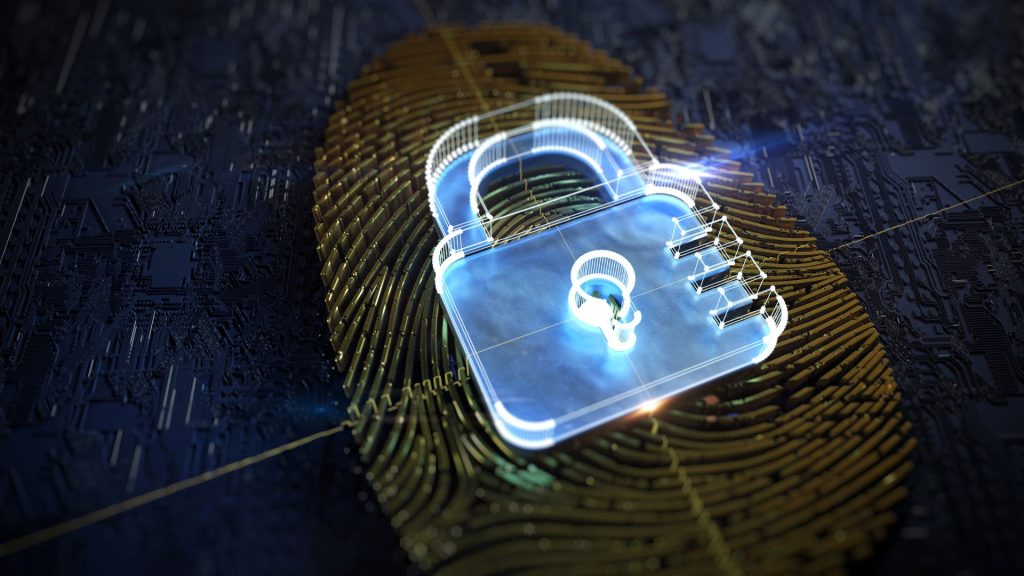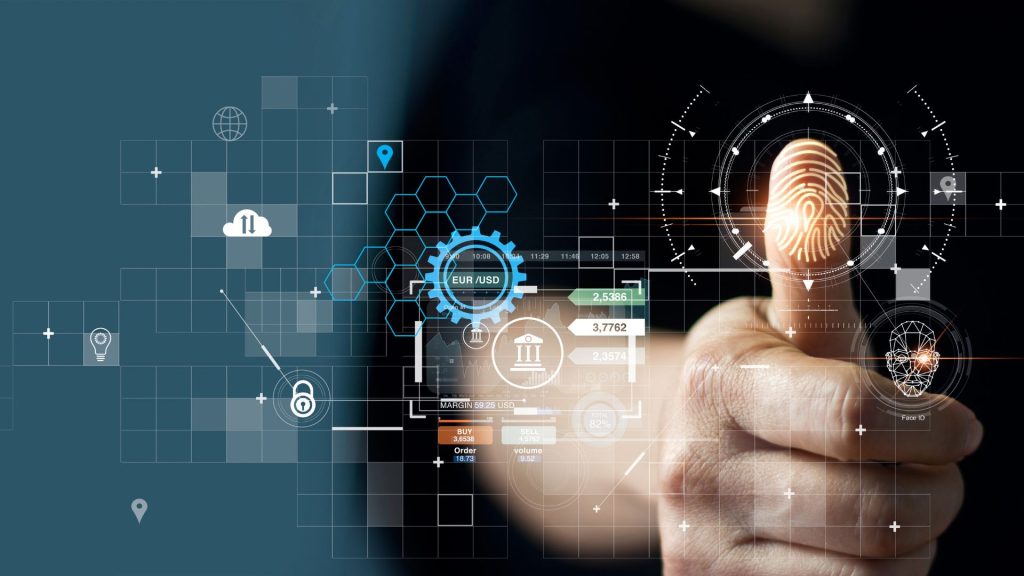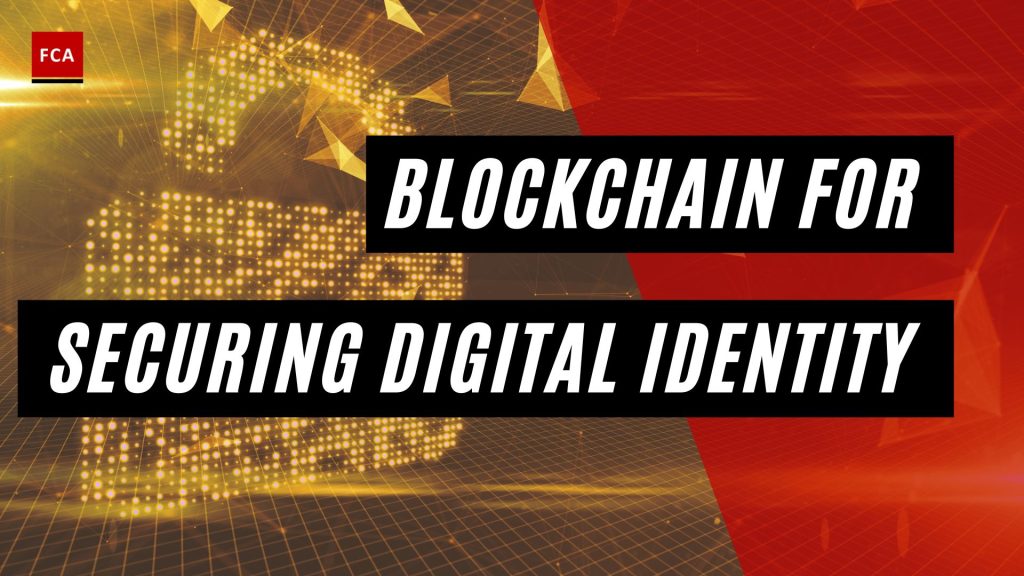Blockchain for securing digital identity offers a decentralized approach that eliminates single points of failure, ensuring enhanced privacy and security for users.
Blockchain technology is praised by experts due to its security and the fact that blockchain technology is decentralized which makes it more secure. This is because there is no central point of control and failure. Hackers would not find it easy to attack because every node in the network shall be required to be attacked to tamper with the data.
Blockchain technology is secure because of the way the data is stored in a traditional database, the information is stored in a single location which is a limitation and leads to hackers getting access easily to the confidential information. However, the data is spread across the network with blockchain technology, making it more protected from tampering.
Unless the availability of more powerful computers is ensured, any attempts to manipulate the data will automatically be dismissed. This is the reason which makes the blockchain unchangeable.

Blockchain for Securing Digital Identity
Blockchain technology is considered one of the secure means of performing the identification and verification process because the technology is:
- Faster: blockchain technology is faster and not congested to identify and finalize object or user identification
- Most cost-effective: There are many good solutions available in the market at reasonable cost and pricing
- Customization: permissionless blockchain is built specifically for decentralized identity use cases to better accommodate customers
The blockchain serves as a foundation of trust by keeping an authentic record of all verifiable DIDs, public cryptography keys, and invalidation registries.
Below are a few of many examples of how blockchain can be leveraged in various industries for digital identity verification:
- Secure identity verification: Digital identity systems leveraging blockchain can instantly and securely verify the identity and credentials of individuals for various purposes, such as opening bank accounts, or accessing government services.
Blockchain-based identity verification provides enhanced security as it eliminates the need for centralized third-party verification services and prevents identity fraud and theft.
- Healthcare Records: Patients can create and manage their own digital identity while healthcare providers can securely verify patient records and medical histories. This can result in providing better care while also ensuring data privacy and security.
- Supply Chain Management: Blockchain-based digital identities can be used to track and manage supply chain information, providing greater transparency and security.
By creating digital identities for products, supply chain managers can track the movement of goods across the supply chain, ensuring product authenticity and preventing counterfeiting and fraud.

Final Thoughts
Blockchain technology, celebrated for its decentralization and enhanced security, stands as a transformative force in numerous sectors. Its unique structure, which disperses data across a network rather than concentrating it in a singular database, fortifies it against traditional hacking methods. As it moves beyond the realm of mere digital currencies, its potential in identity verification emerges prominently.
From instantly authenticating individual identities for banking to revolutionizing patient data management in healthcare, the inherent trustworthiness and verifiability of the blockchain promise not only efficiency but also a higher caliber of data protection. By enabling transparent yet secure tracking in supply chains and eliminating the need for centralized verification entities, blockchain ushers in a future where digital identity is both fluid and fortified.








